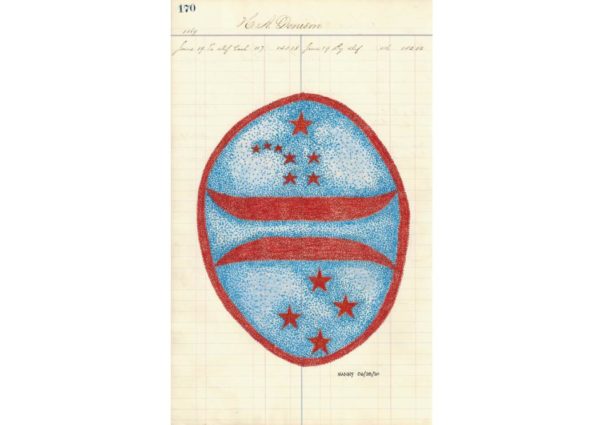A cohort of First Nations students from the Tulo Centre of Indigenous Economics in British Columbia, Canada, and students from the Ngāi Tahu Research Centre at the University of Canterbury, Aotearoa New Zealand, have been studying Indigenous Economics together virtually, in a pilot course.
The Ngāi Tahu Research Centre (NTRC) collaborated with the Tulo Centre to deliver a unique course in Indigenous Economics with 16 First Nation Canadian students joining a Ngāi Tahu cohort of 16 late last month.
“The idea was if this pilot was successful then we would work towards refining the course and looking to get future credits cross credited to UC,” says NTRC Director Associate Professor Te Maire Tau, who is also Ngāi Tūāhuriri Upoko.
Leading the Canadian side, C.T. (Manny) Jules is the Chief Commissioner of the First Nations Tax Commission based in Kamloops, British Columbia. He is a leading figure in getting Canada’s First Nations people independence over their tax affairs, and says tax autonomy forms a vital part in self-determination and entrepreneurship.
“We share the Pacific Ocean. We share the wealth, life and imagination the ocean has brought to our lands. The waka and the canoe, symbols of teamwork and determination, have brought us to new and different places. Our ancestors, shining through the North Star and Southern Cross, have connected us to work together and learn from one another,” he says.
“Market economies were not foreign to us. We created them ourselves. We traded goods over hundreds of miles. The Mayan had a complex trade network,” Jules says.
“How could pipestone, dating back to before contact end up in my territory in South Central British Columbia when it only comes from a few places such as Pipestone, Minnesota if we did not trade? How could corn be used all throughout the Americas before contact, if we did not trade?”
The pilot course, delivered via virtual delivery, is a foundational course in Tulo Centre’s Applied Economics Programme and included students from Indigenous communities in Canada and New Zealand. In the course, students investigated topics related to Indigenous self-governance and economic development globally, with particular focus on Canada and New Zealand. Topics included the impact of Covid-19 on Indigenous communities and economies; pre-contact Indigenous institutions, innovations and economies; the destruction of Indigenous institutions; systemic issues and gaps impacting Indigenous communities; the economic rationale for implementing Indigenous government and jurisdiction; Indigenous resource management; Indigenous fiscal powers; and creative destruction and the formula for change. The course was capped off with the Tulo Centre’s Building a Sustainable Indigenous Economy game.
- Manny Jules was interviewed on RadioNZ recently, talking about how he recovered 45,000 acres of his tribe’s reserve lands and how he’s driven legislative reform in the country.
- Part of the WORD Christchurch Spring Festival, Associate Professor Te Maire Tau joins fellow UC academics in discussing the new CUP book A Long Time Coming: The story of Ngāi Tahu’s treaty settlement negotiations, which shines a light, for both Māori and Pākehā, on a crucial part of this country’s history. Join the author UC Ngāi Tahu Research Centre Lecturer Dr Martin Fisher, along with UC Adjunct Professor Tā Tipene O’Regan, and former Minister for Treaty of Waitangi Negotiations Chris Finlayson, as they discuss a claim that spanned two centuries.
Tulo Centre of Indigenous Economics
The mission of the Tulo Centre of Indigenous Economics is to assist interested Indigenous governments in building legal and administrative frameworks that support markets on their lands. www.tulo.ca
Ngāi Tahu Research Centre
The Ngāi Tahu Research Centre (NTRC) was founded for the purpose of being a leader in Indigenous scholarship and to provide a centre for the intellectual capital and development of Ngāi Tahu, the principal Māori iwi of the southern region of New Zealand. https://www.canterbury.ac.nz/ntrc/
For further information please contact:
UC Communications
All media enquiries are directed to the UC Communications team.
Email media@canterbury.ac.nz for media enquiries (business hours, Monday – Friday)
Call 03 369 3631 for media enquiries (business hours, Monday – Friday)
Call 027 503 0168 for urgent media enquiries (after-hours, Monday – Sunday)

